Table of Contents
They come to us in all different sizes, shapes and colours. Seed is a plant in the embryonic phase and the origin of nutrition. It contains high concentrations of vitamins, minerals, proteins, essential oils and enzymes. If you are looking for a high-quality, nutritious snack that fills you well, the seeds are really the best. So let’s look at the 10 healthiest seeds in the world and how to consume them.
How to eat seeds?
Seeds represent life. Many seeds are edible and should be eaten raw. When exposed to heat, they often produce toxic substances and vitamins, minerals and essential oil profiles are denatured. By roasting the seed, its classification ranges from live food to dead food. There is no seed on the ground that can withstand roasting or heat treatment without destroying its nutritional components. Always remember – we should eat the seeds in their natural form, ie raw. Of course, we can add them to other foods, but we should avoid those roasted or dipped in chocolate and the like.
TOP 10 of healthiest seeds in the world
1) CHIA SEEDS
Recommended dose: 1 spoon

Consider the following facts about Chia seeds that have:
- 2.5 times more protein than beans
- 3 times stronger antioxidant than blueberries
- 3 times more iron than spinach
- 6 times more calcium than milk
- 7 times more vitamin C than oranges
- 8 times more omega-3 than salmon
- 10 times more dietary fibre than rice
- 15 times more magnesium than broccoli
Chia seeds are full of vitamins and minerals, they are an excellent source of dietary fibre, protein, antioxidants and the richest vegetable source of omega-3 fatty acids. Eating chia seeds can help reduce joint pain, help with weight loss, boost energy and protect the body from serious diseases such as diabetes and heart disease. Chia seeds do not contain gluten, which is especially appreciated by people with gluten intolerance or aversion to gluten.
Consumption of Chia seeds can raise blood levels of long-chain omega-3 EPA by 30%, says a new study from State University Appalachian and University of North Carolina.
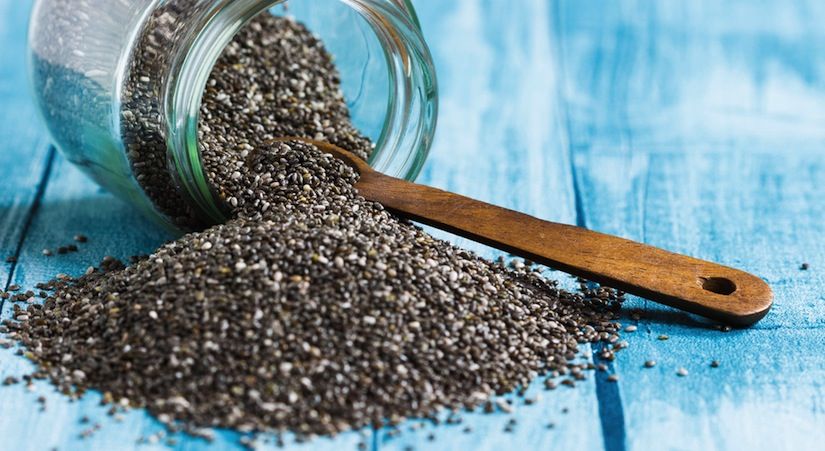
Eating chia seeds as a source of alpha-linolenic acid (ALA) may lead to heart-related redistribution and liver protection.
Chia seeds are a source of alpha-linolenic acid (ALA), a type of “short-chain” omega-3 fatty acid, while fish are a source of “long-chain” fatty acids (EPA and DHA). Through increasing numbers of studies, consumption of EPA and DHA has been associated with improved heart health, brain function, and other possible health benefits such as improving depression or rheumatoid arthritis, the study suggests that ALA may lead to heart-related redistribution and liver protection.
2) HEMP SEEDS
Recommended dose: 1 spoon
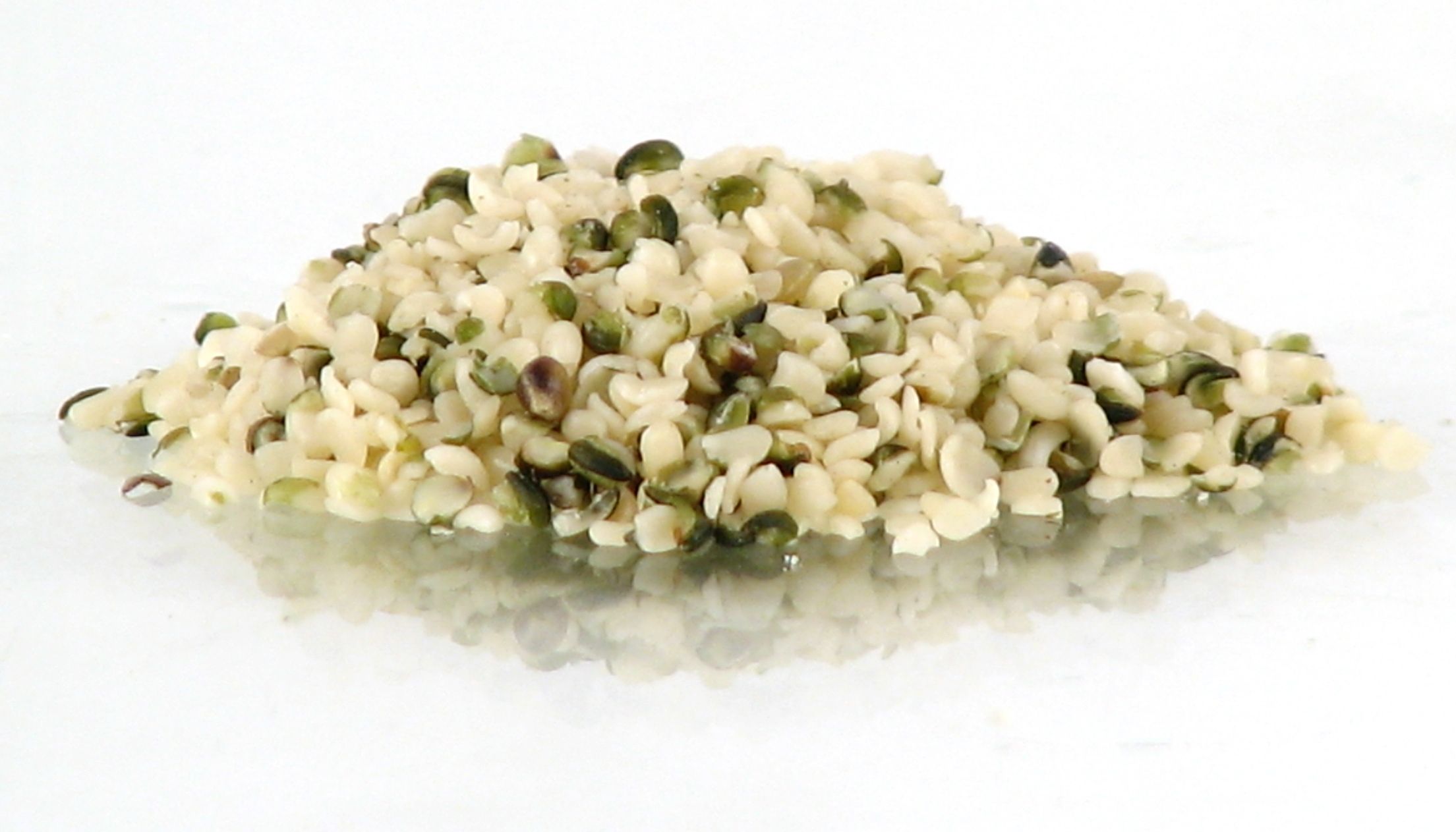
More and more people are discovering the nutritional benefits of hemp seeds and oil. Hemp contains:
- All 20 amino acids, including 9 essential amino acids (EEAS) that our body cannot produce.
- A high proportion of proteins that enhance immunity and reflect toxins.
Eating hemp seeds in any form can help in healing and people suffering from immune deficiency diseases. This conclusion is supported by the fact that hemp seed has been used to treat nutritional deficiencies caused by tuberculosis.
It is the largest vegetable natural source of essential fatty acids, containing more than flax or any other nuts or vegetable oil. They have a perfect 3: 1 ratio of omega-6 linoleic acid and omega-3 linolenic acid to support cardiovascular health and boost the immune system overall.
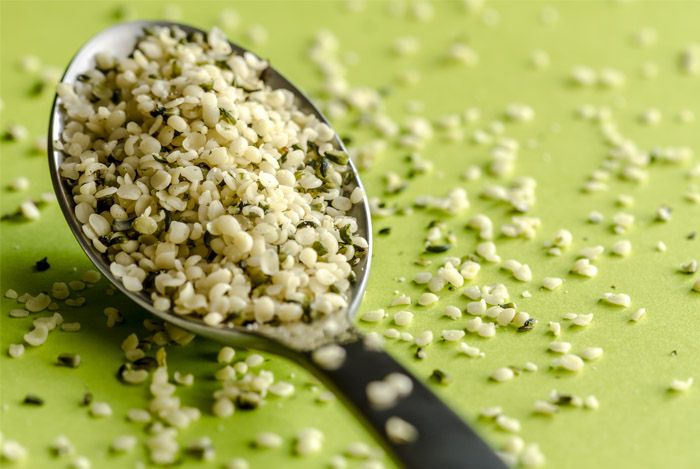
Hemp seeds are an excellent vegetarian source of protein, considered to be easily digestible. Also, a rich source of phytonutrients, a protective agent against plant diseases with benefits protecting our immunity, blood circulation, tissues, cells, skin, organs and mitochondria. What we must not forget is that they are also the richest known source of polyunsaturated essential fatty acids.
According to experts, this hemp grown for porous processing practically contains no THC (less than 0.3%). When treated for hemp oil, seeds or milk, this percentage is further reduced.
The best way to ensure that the body has enough amino acid material to produce globulins is to eat foods that are high in globulin proteins. Since hemp seed is 65% globulin edistin, it also contains an amount of albumin, a protein available in a form similar to that found in blood plasma.
The consumption of hemp seeds supplies the body with all the essential amino acids necessary to maintain health and provides the essential types and amounts of amino acids that the body needs to produce human albumin. Eating hemp seeds can help in healing and people suffering from immune diseases
3) Pomegranate seeds
Recommended dose: half cup
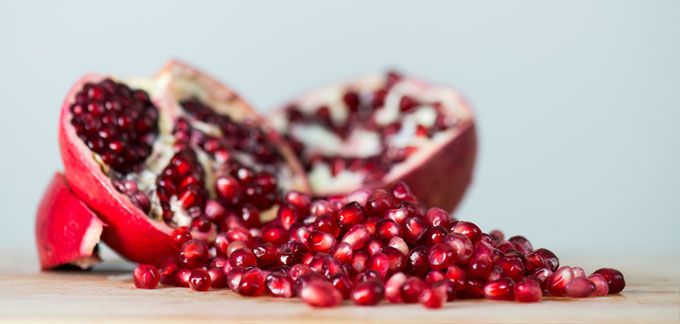
Pomegranates are a rich source of antioxidants. They protect the body from free radicals that cause premature aging. Simply put, pomegranate juice increases the level of oxygen in the blood. Antioxidants fight free radicals and prevent blood clots. This ultimately improves blood flow and oxygenation in the body.
Pomegranates contain particularly high amounts of polyphenylenes, a form of antioxidants, which are a prerequisite for reducing the risk of cancer and heart attack. In fact, pomegranate juice contains health-beneficial tannins – anthocyanin and elage acid, which have even more antioxidants than green tea or red wine. Pomegranate with edible seeds inside has a high proportion of vitamin C and potassium. One apple contains only 80 calories and is a good source of dietary fibre.
The antioxidant properties of pomegranate prevent the low-density lipoprotein cholesterol from oxygenation. This basically means that pomegranates prevent clogging of the vessels with excess fat, which in turn will be pumped up with antioxidants and without fat.
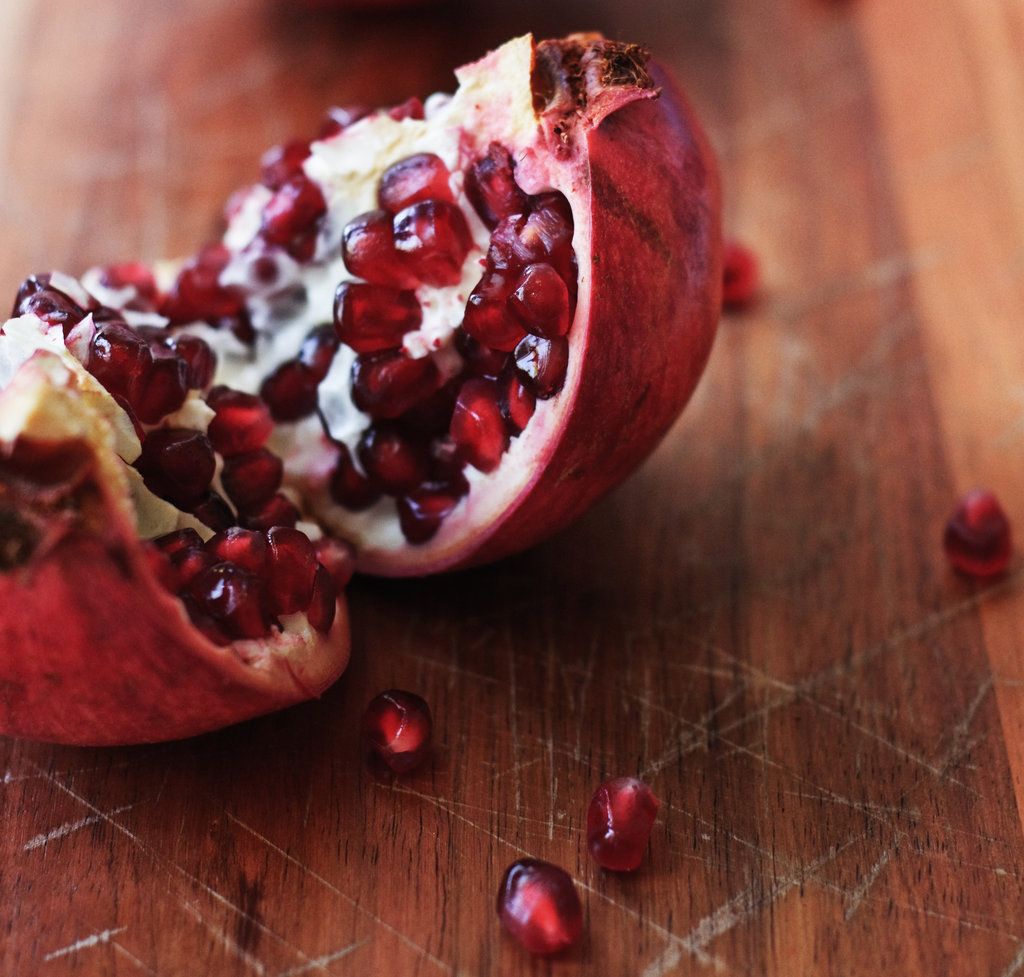
„Mice who drank pomegranate juice were able to significantly reduce atherosclerosis by at least 30%“, says co-author of the study, Dr. Claudio Napoli, Professor of Medicine and Clinical Pathology (University of Naples School of Medicine in Italy).
The health benefits of pomegranate penetrate deep into the bones. They reduce cartilage damage to people affected by arthritis. This fruit has the ability to alleviate inflammation and fights enzymes that damage cartilage.
4) Flax seeds
Recommended dose: 1-2 teaspoons

Dietary fibre in flax seeds reduces the rise in blood fats after meals and regulates appetite. Scientists from the University of Copenhagen report that flax seeds suppress appetite and support weight loss.
Flax has been grown for centuries and has been sung throughout the world for its widespread use. Hippocrates wrote about the beneficial effect of flax in abdominal pain, and the French Emperor Charlemagne even supported flax seeds to the extent that he passed a law requiring their consumption!
The main health benefits of flax seeds are mainly high levels of alpha linolenic acid (ALA), dietary fibre and lignans. The essential fatty acid ALA is strongly anti-inflammatory, reducing the production factors that promote inflammation and lowering the blood level of the C recombinant protein (CRP), a biomarker of inflammation. Through the action of ALA and lignans, flax has been shown to have the ability to stop tumour growth in animals and reduce the risk of cancer in humans.
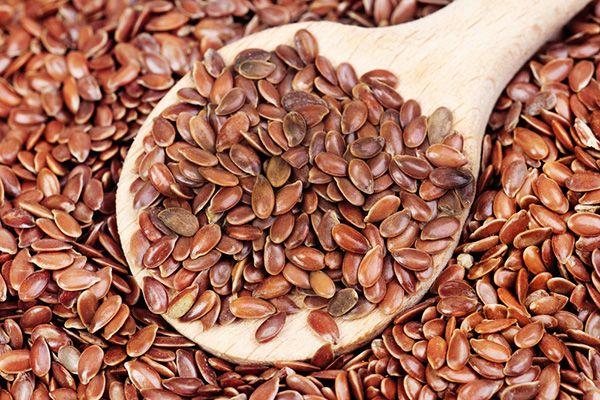
Lignans are phytoestrogens, ie plant substances that have antioxidant properties and have a similar effect to oestrogens. Phytoestrogens help stabilize hormonal levels that affect premenstrual symptoms and menopause. They potentially reduce the risk of breast and prostate cancer.
Fiber in flax seeds promotes healthy bowel function. One teaspoon of flax seeds contains as much fiber as half a cup of boiled oat bran. Dissolved flax fiber reduces blood cholesterol levels and the risk of heart attack or stroke.
Ground flax seeds provide more nutritional benefits than the whole seed. You can grind them at home in a coffee grinder or in a dry robot. They are an excellent addition to baking, cereals or smoothie.
5) Pumpkin seeds
Recommended dose: half cup

They are only the seeds producing alkaline in a world full of highly acidified diets.
Add pumpkin seeds to the list of protein rich foods. Eating 100 grams of seeds will give you up to 54% of your daily protein requirements. Most of us take tablets and vitamins in capsules to supplement vitamin B deficiency. Next time try pumpkin seeds. They are a source of vitamin B such as thiamine, riboflavin, niacin, pantothenic acid, vitamin B6 and folic acid.
Pumpkin seeds help fight unpleasant depression. The chemical component L-tryptophan is a secret ingredient to improve mood. Did you know that pumpkin seeds can prevent the formation of kidney stones? Studies have shown that pumpkin seeds can prevent the formation of some specific kidney stones consisting predominantly of calcium oxalate.
The secret of pumpkin seeds is that they even fight against parasites, especially the tapeworm.
6) Apricot kernels
Recommended dose: quarter cup

Like all nuts and seeds, apricot kernels are very nutritious. The nutrients they contain include, in particular, amygdalin, also known as vitamin B17. It attacks cancer-causing cells and can thus prevent the outbreak of cancer in the body. Amygdalin (B17) is part of a hundred foods, but those that are richest in its occurrence have disappeared from our diet plans. People from all over the world who still prefer traditional meals have been found to have a much lower incidence of cancer. Foods included in such a diet are rich in amygdalin.
In addition to apricot kernels, another example of amygdalin-rich foods are bitter almonds (the taste of amygdalin is bitter – sweet almonds and apricot kernels that are not bitter do not contain it). Other meals containing amygdalin are apple kernels, grape seeds, ordeal beans, millet, most berry fruits, cassava and many other seeds. This includes legumes, beans, grains – but not those overbred.
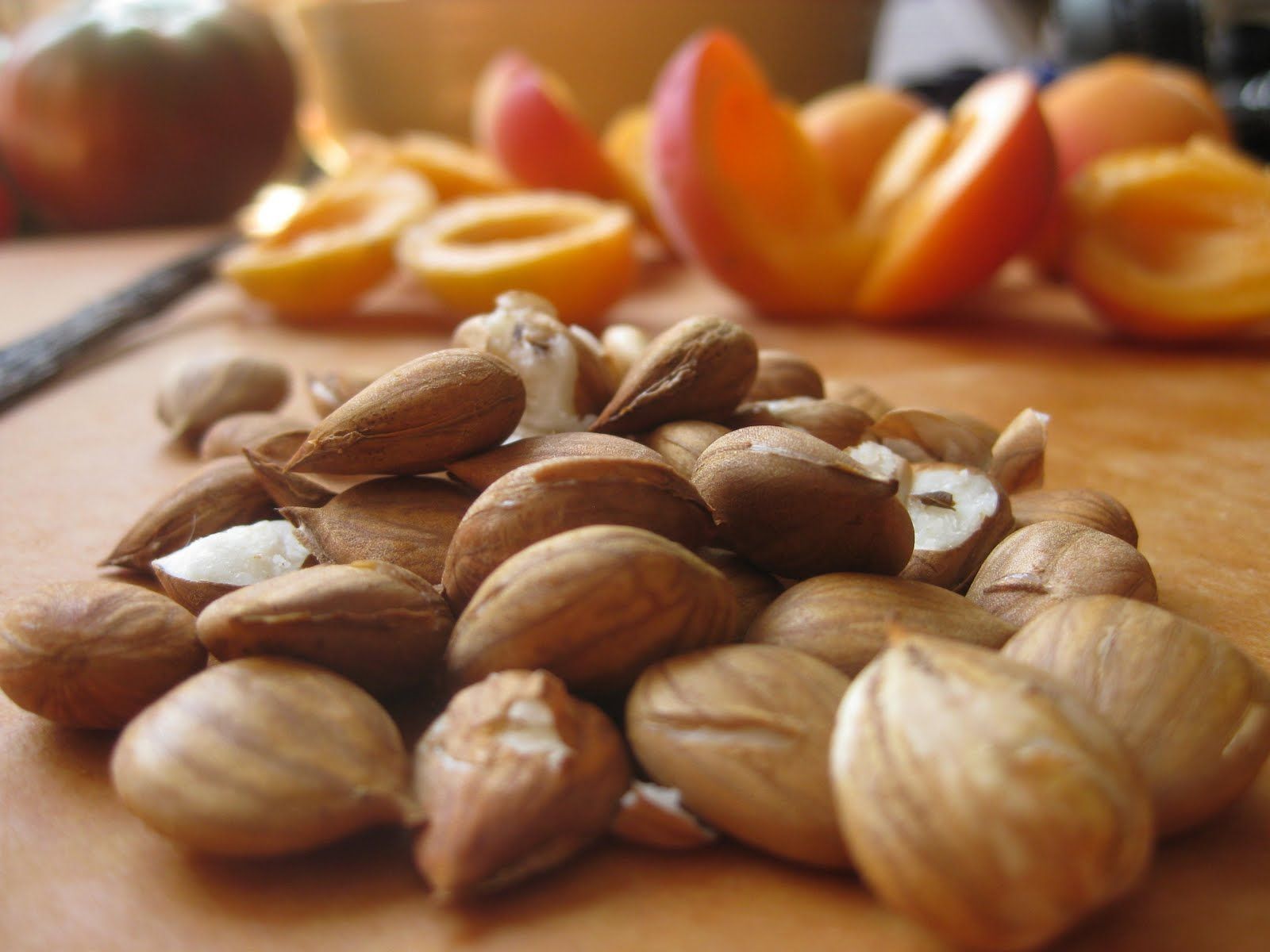
However, Dr. Ernst T. Krebs Jr., a biochemist who first produced laetrile (concentrated amygdaline) in 1950, recommended that a person should consume 10 to 12 apricot seeds a day as a precaution. In this way, he or she would probably never get cancer, with the exception of Chernobyl.
7) Sesame seeds
Recommended dose: quarter cup

Sesame seeds are probably the oldest spices of mankind. They are especially valued for oil that is extremely resistant to mustering.
Not only are sesame seeds a source of manganese and copper, but they are also a source of calcium, magnesium, iron, phosphorus, vitamin B1, zinc and dietary fiber. In addition to these important nutrients, they contain 2 unique substances: sesamin and sesamoline. Both substances belong to a group of special dietary fibres called lignans. They have been shown to have an effect on lowering cholesterol levels in humans, as well as lowering blood pressure and increasing vitamin E in animals. It has also been found that sesamin protects the liver from oxidative damage.
8) Sunflower seeds
Recommended dose: quarter cup

Sunflower seeds are an excellent source of vitamin E, a major antioxidant that dissolves in fat. Vitamin E circulates throughout the body and neutralizes free radicals that would otherwise damage fat-containing structures and molecules such as cell membranes, brain cells and cholesterol.
Sunflower seeds have the highest phytosterol content of all seeds. Phytosterols are compounds found in plants and have a chemical structure very similar to cholesterol. A sufficient amount of phytosterol in foods can lead to lower cholesterol levels, increase the body’s defences and prevent some cancers. Seeds are also a good source of magnesium. Numerous studies have shown that magnesium can reduce the severity of asthma, reduce blood pressure and
9) Caraway seeds
Recommended dose: 1 teaspoon

Caraway (or also cumin) has been used since ancient times. This traditional herb has been known for centuries, mainly because of its health benefits and healing properties.
It is useful in digestive problems, even as an antiseptic. The seeds themselves are rich in iron and strengthen the liver. They alleviate the symptoms of common cold. If you have a sore throat problem, try adding ginger to the caraway water. The pain will subside.
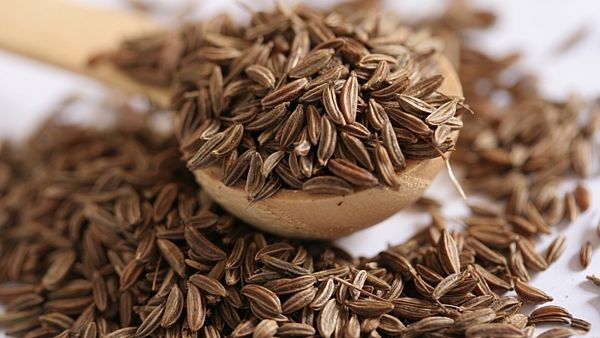
Even if you don’t have a specific disease, a caraway drink is a great boost for the body. It is reported to increase body temperature and metabolism becomes more efficient. It is considered to be a medicinal herb for both kidney and liver, and as a consequence strengthens immunity. Black caraway seeds contribute to the treatment of asthma and arthritis.
10) Grape seeds
Recommended dose : 1-2 teaspoons
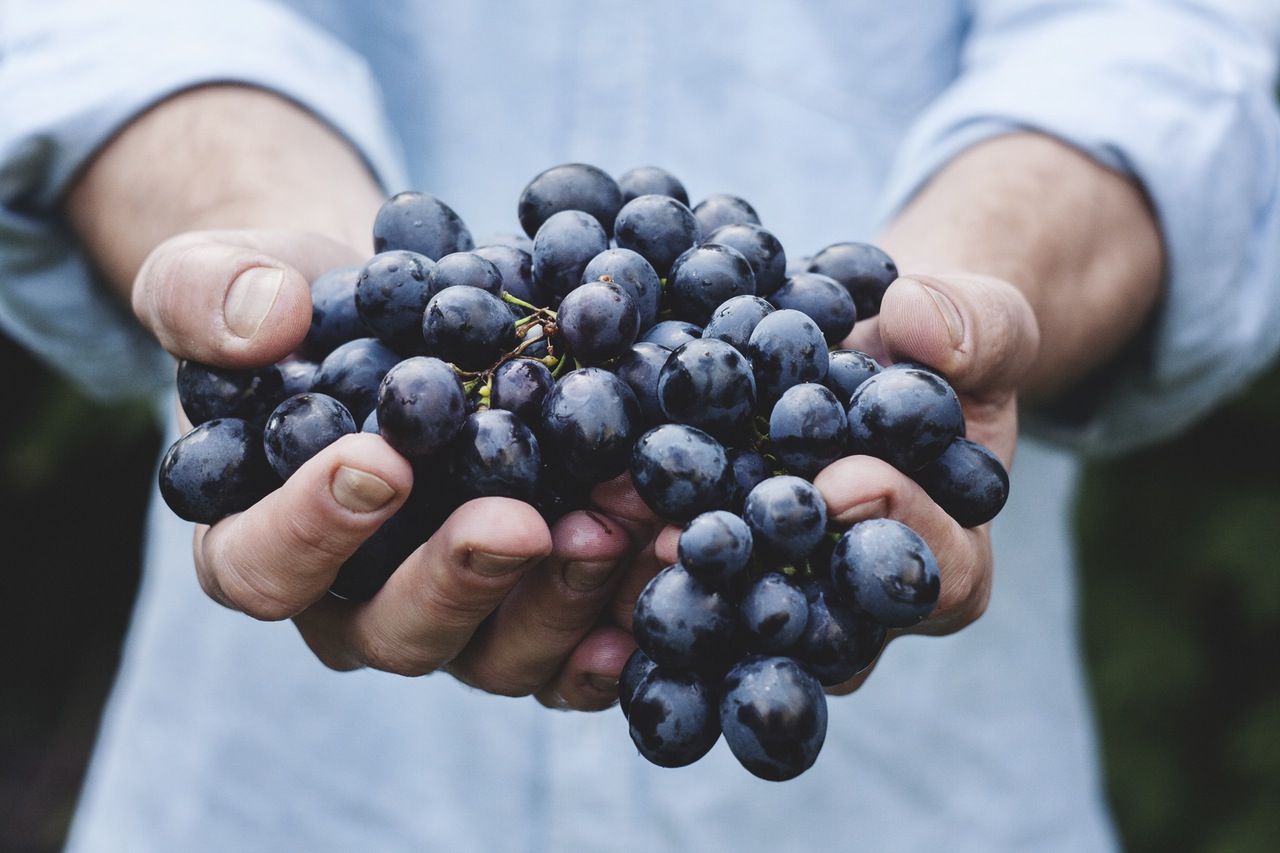
Grapes have a high concentration of vitamin E, flavonoids, linoleic acid and polyphenylenes.
Grape seed extract can prevent heart disease such as high pressure and high cholesterol. By reducing the oxidation of fats and phenols in the nuclei, we can reduce the risk of heart disease by blocking the accumulation of platelets and reducing inflammation.
A study published in Carcinogenesis showed that grape seed extract kills squamous cell carcinoma cells while those healthy cells remain intact. According to research published in Applied and Environmental Microbiology they can also reduce the infectivity of a norovirus representative.
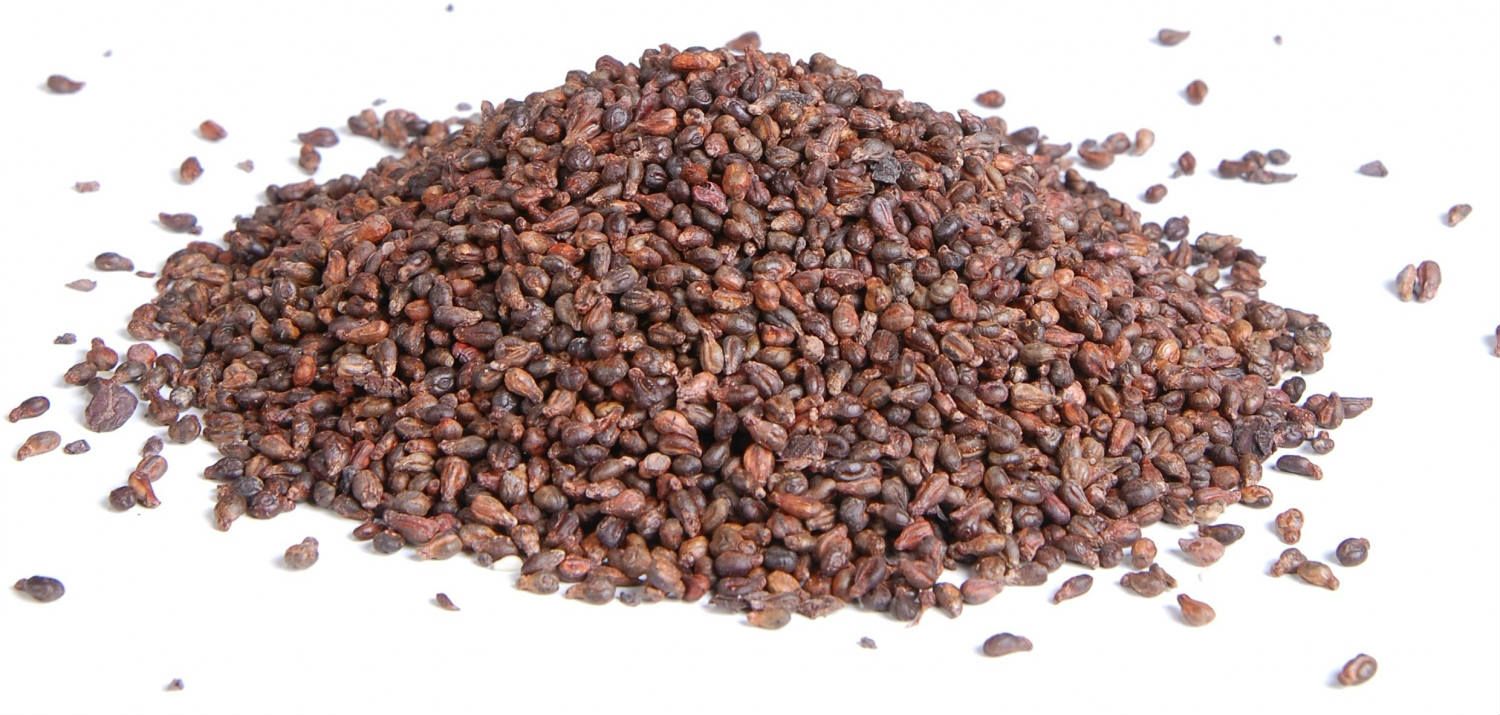
Does anyone have a taste for seeds? Write us in the comments what kind of seeds you like and which you tend to consume. If you liked the article and you think it might be helpful to your friends, support it by sharing.
Resources:
• whfoods.com
• wikipedia.org
• anticancerinfo.co.uk
• ratical.org
• bodyecology.com
• chicagotribune.com

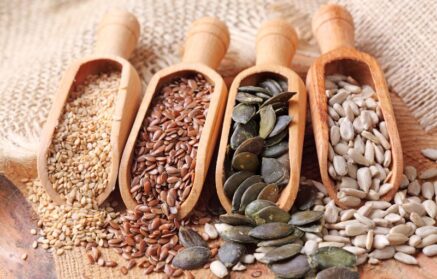
Add a comment